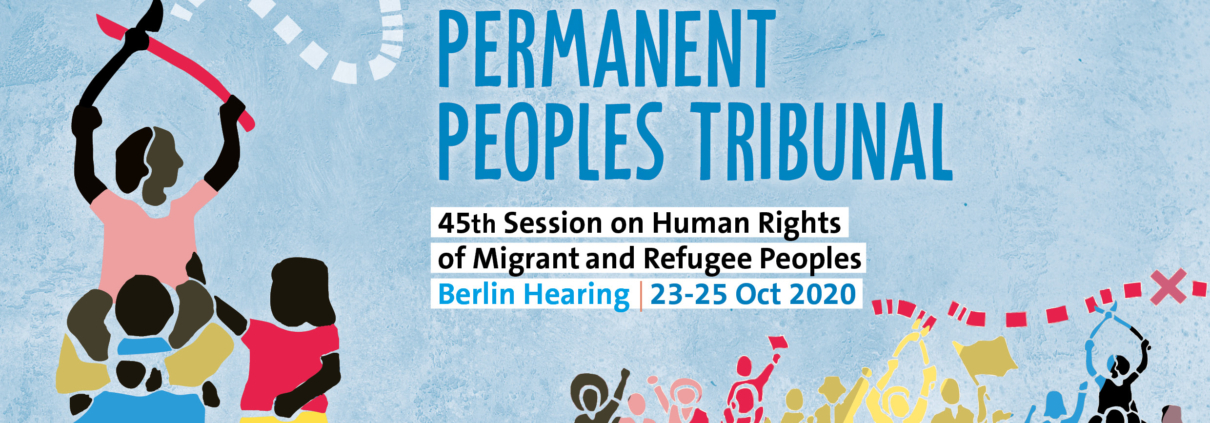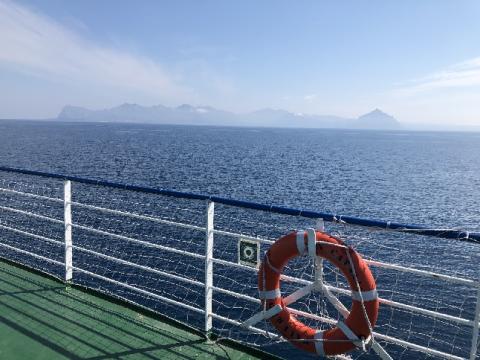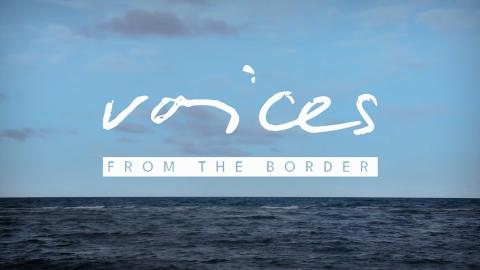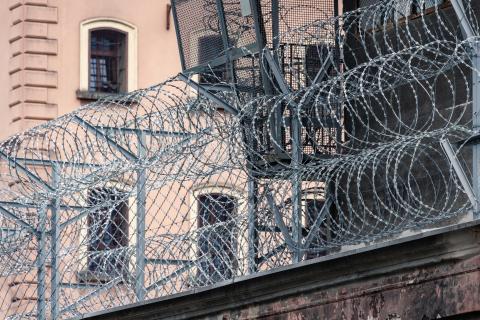
Permanent Peoples' Tribunal on the Rights of Refugees and Migrants in Berlin (2020)
We were part of an alliance to organize a civil human rights tribunal focusing on the right to health for migrants and refugees. The tribunal took place within the Permanent Peoples' Tribunal (PPT), which has a history dating back to the first tribunals against human rights violations during the Vietnam War in the 1970s.
The Berlin hearing took place from 23-25 October 2020 at the Refugio in Berlin and was part of the 45th session of the PPT, which is dedicated to human rights violations against refugees and migrants in Europe and is also linked to five hearings, which have taken place in different European cities starting in 2017.
Borderline-europe Sicily has already played a major role in the organisation and implementation of the meeting in Palermo 2017, which focused on EU border policy in the Mediterranean, the externalisation of European borders and the criminalisation of solidarity.
With the tribunal we drew attention to the serious human rights violations that refugees and migrants experience in Germany and the EU and encouraged those affected to speak publicly about their experiences and to name the violations of their rights. The organisation and implementation of the Tribunal also provided an opportunity for networking and building future coalitions between human rights organisations, self-organised groups of migrants and refugees, NGOs and activists.
Moreover, concrete proposals and demands were developed to the "right to future" strengthened!
The right to health has received increased attention since the outbreak of the Covid 19 pandemic, but even before that, the implementation of this right was far from certain for refugees, migrants and other vulnerable groups. The pandemic further worsened this situation.
Therefore, we called out human rights violations against refugees and migrants in the following areas:
• Access to health care
• Consequences of living standards in mass accomodation on mental and physical health
• Residence status, deportation and health
• Criminalisation civil humanitarian assistance
• Germany's responsibility regarding the European policy of sealing external borders
Further Information:
- Final verdict: https://equalhealth4all.noblogs.org/de/verdict/
- Homepage of the hearing in Berlin: https://ppt.transnationalmigrantplatform.net/berlin-in-2020/
- Blog of the alliance in Berlin: https://equalhealth4all.noblogs.org/
- Report: 45th Session of the PPT on Human Rights of Migrants and Refugee Peoples
- Pictures: www.borderline-europe.de/bildarchiv/45-sitzung-des-permanent-peoples-tribunal-zu-den-rechten-von-gefl%C3%BCchteten-und





